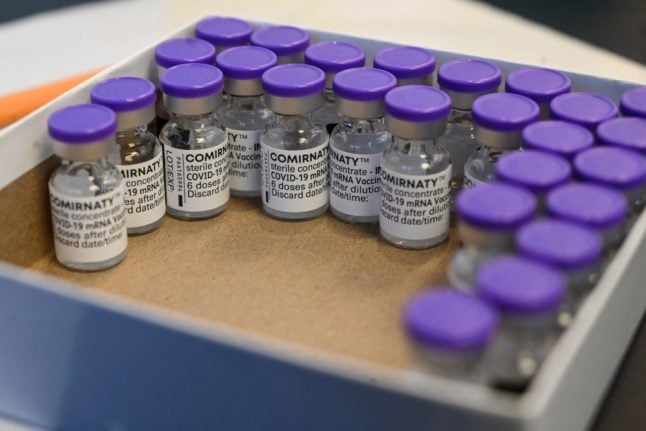The Norwegian Institute of Public Health (NIPH) informed news agency NTB of the new delivery on Monday.
NTB is also reporting that some of the doses will be included in the increased delivery that will take place during the second quarter.
This means that, potentially, some of these additional vaccines will arrive by June at the latest.
Pfizer BioNtech announced on Monday that the agreement with the EU comes after the European Commission decided they would take up the option to order another 100 million vaccines to fight Covid-19 as part of an agreement signed in February.
“We now intend to deliver a total of 600 million doses to the EU this year, which will cover two-thirds of the EU’s population. It is the largest delivery agreement for the vaccine that we have agreed globally,” commercial director at BioNTech, Sean Marret, said.
The news will come as a welcome boost to Norway, who said its vaccine program could face delays of anywhere between 7 to12 weeks if it decided to drop both the Johnson & Johnson and the AstraZeneca vaccines from its vaccine rollout.
MAPS: Where have Norway’s one million coronavirus been given
AstraZeneca and Johnson & Johnson are currently being reviewed to determine whether they are suitable for use in Norway due to fears regarding blood clots after taking the vaccine.
The final decision on both will be made in May.
Newspaper Aftenposten reported that as a result of extra doses of the Pfizer vaccine being secured NIPH will now revise the organisation of its vaccine rollout once again.
Director Of Infection Control Geir Bukholm told VG he now expects everyone to be offered a vaccine by August.
Pfizer is the most commonly used vaccine against Covid-19 in Norway with almost one million doses being distributed since vaccinations began in December.



 Please whitelist us to continue reading.
Please whitelist us to continue reading.
Member comments